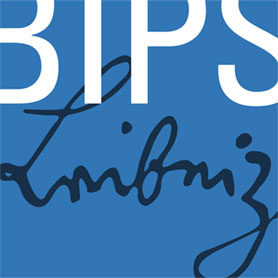ECRA Member Lars Steinert
"In my research, I aim to automatically detect the engagement of people with dementia within a tablet-based activation system based on verbal and nonverbal signals. For this purpose I will apply modern techniques of machine learning, such as neural networks."
It is expected that the number of people with dementia (PwD) will triple by 2050 - a dramatic increase compared to the 50 million PwD worldwide today. Since no medical cure is yet known, secondary therapy, including physical, social and cognitive activation, is of crucial importance for those affected. Digital technologies, such as the tablet-based I-CARE system, facilitate and promote the needs-based activation of PwD. It is well known that activation stimuli must elicit engagement in order to be effective. Therefore, it is important that an activation system continuously evaluates the engagement of PwD during activation. However, constant requests for subjective feedback can interrupt the "flow" of activation. Instead, verbal and non-verbal signals such as speech, facial expressions, heart rate or electrodermal activity can be used to automatically detect PwD's engagement. This knowledge can be applied to encourage the use of particularly engaged activation content, but also to facilitate the decision whether to continue, pause or end an activation. In my research I aim at the automatic detection of PwD engagement in a tablet-based activation system based on verbal and non-verbal signals. For this purpose I will apply modern techniques of machine learning, such as neural networks.
Lars Steinert, M.Sc.
University Bremen
Labor für kognitive Systeme (CSL)
Cartesium, Raum 2.55
28359 Bremen, Deutschland
E-Mail: lars.steinert@uni-bremen.de
Webseiten: CSL
 English (United Kingdom)
English (United Kingdom)  Deutsch (Deutschland)
Deutsch (Deutschland) 



